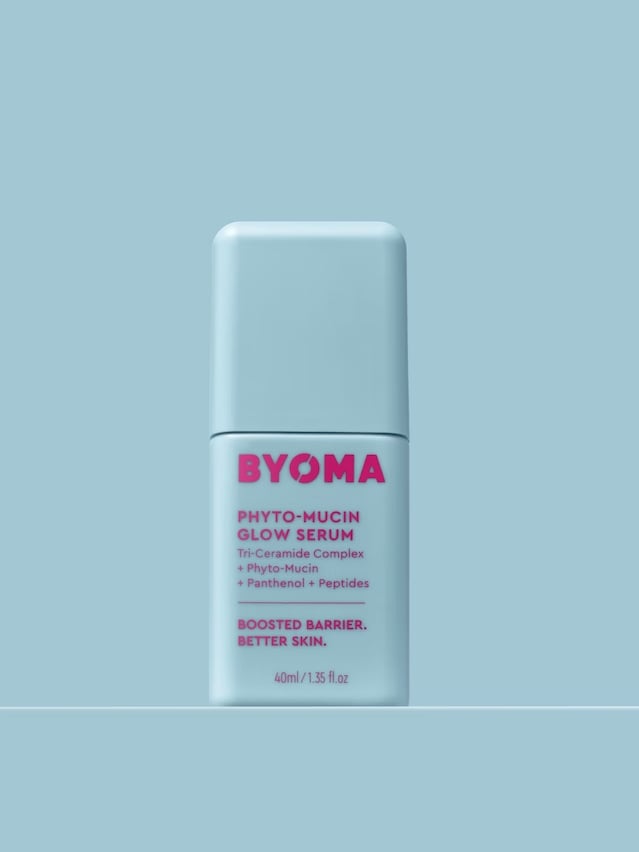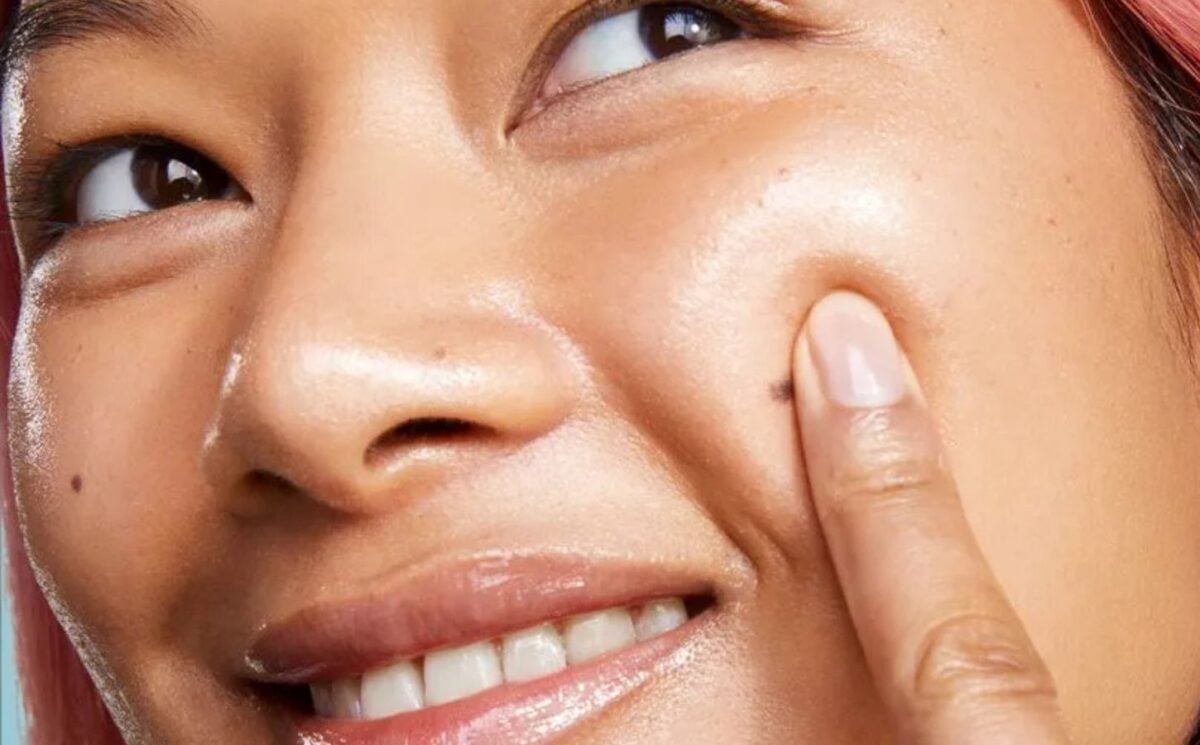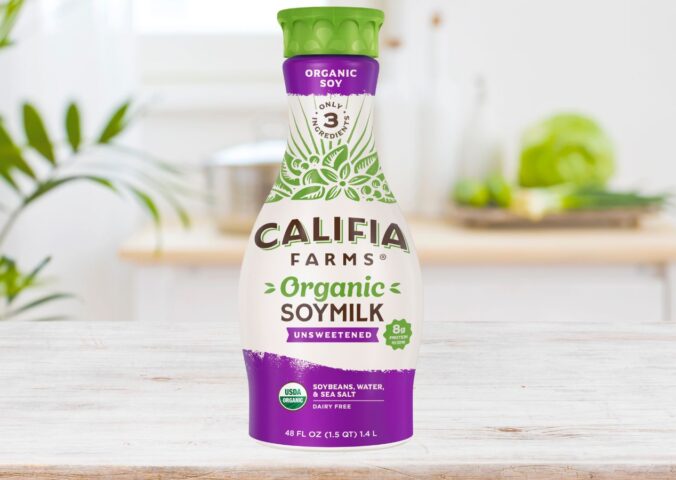A vegan version of a popular skincare product that promises to give “glass skin” has landed at Boots.
Skincare brand BYOMA has created a face serum using a “bio-based” mucin instead of the snail mucin used in other similar products.
The glass skin beauty trend originated in Korea and usually relies on serums made with secretions harvested from snails. BYOMA’s formula for its Phyto-Mucin Glow Serum uses a mucin derived from Japanese roots and plants. The brand says this plumps the skin, reduces water loss, and strengthens skin barrier function.

The serum also contains plant-based peptides and hyaluronic acid, a favorite ingredient in skincare which is supposed to help increase moisture content in the skin. Reviews on BYOMA’s website have described the Phyto-Mucin Glow Serum as a “gamechanger” that “does exactly what it promises.” A 40ml bottle retails for £14.99 at Boots. The product is also available at Target and Ulta Beauty in the US, as well as Sephora. All BYOMA products are vegan and cruelty-free.
Read more: 14 Non-Vegan Ingredients To Look Out For In Makeup And Beauty Products
Snail mucin
Snails secrete mucin as a stress response. A common method of extracting mucin is to put the snails on a netted surface, stimulating the production of mucin, which then drips into trays below. Another method involves putting them into chambers where they are misted with sodium chloride to make them secrete.
Beauty companies that make products containing snail mucin often say that it’s cruelty-free, even though harvesting is a stressful experience. There are no regulations in place to protect snails used in the beauty industry, and many companies are secretive about their extraction methods. Farms that breed snails for mucin production also often supply the culinary world with snails.
It takes a lot of snails to make enough mucin to meet demand. The mucin also varies a lot in quality depending on the condition of the snails and farming practices. This means its effectiveness in skincare products can vary.
Snails are not the only animals being exploited by the beauty industry for profit. Collagen derived from cows or fishes is hugely popular for its purported anti-ageing properties. So-called salmon sperm facials are another anti-ageing craze, using DNA derived from the sperm of salmon as a by-product of the fish farming industry.
Read more: 8 Natural Ingredients To Boost Your Skincare Regime






